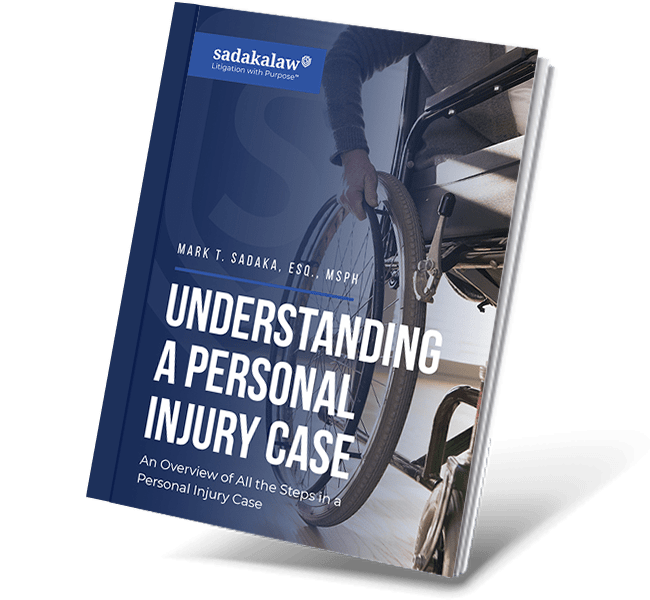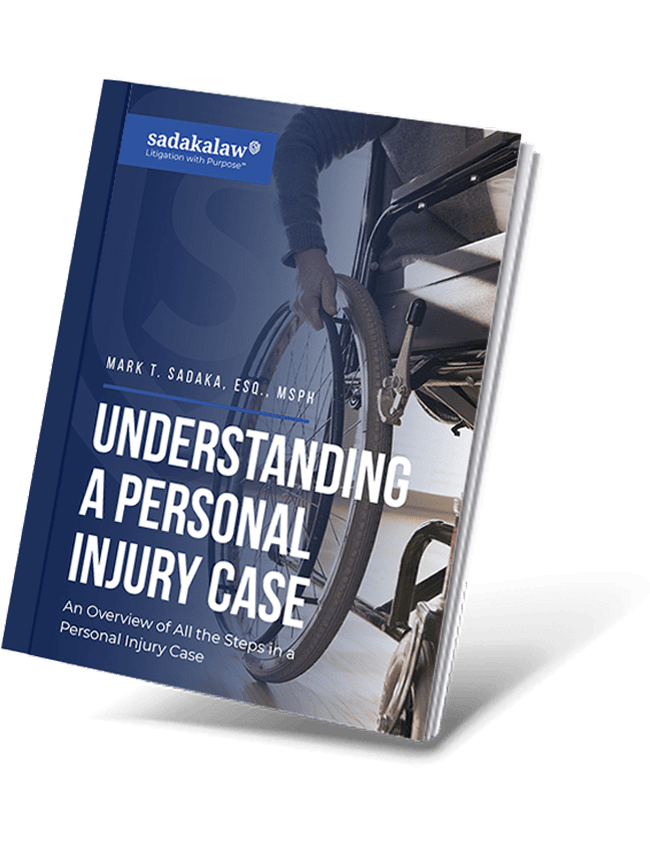First Alerted
In 2006, when the Food and Drug Administration (FDA) first became aware of recorded cases of acute phosphate nephropathy, consumers and health care professionals alike were alerted to the relevant dangers. While these reports are rare, they are indeed serious. At the time, patients were being prescribed Osmoprep, the oral sodium phosphate (OSP) used for cleaning the bowels in preparing for colonoscopy and other medical procedures.
Alert Upgraded to Official Warnings
By December 11, 2008, this alert became a Black Box warning, the FDA’s most severe warning, detailing the risk of acute kidney injury related to the use of OSPs. By this time, there were twenty recorded cases of injury associated with Osmoprep, of which four were biopsied and confirmed needing long-term kidney dialysis, and one person died from complications related to pneumonia. Onset occurred within a few hours, within days, and in other cases, within a week of taking the drug.
The pathological findings of phosphate nephropathy are typical to nephrocalcinosis – phosphate crystallization or deposits occurring within the renal tubules causing damage to the nephron and can result in acute renal failure.
Proposed Failure of the Drug
While the majority of patients using the product didn’t experience any difficulties, evidence suggests that those negatively affected failed to follow the instructions as respects the amount of water intake required. When this drug works as it was designed, it draws water from the kidneys to the colon to help cleanse it. It hasn’t been ruled out that some who took the drug weren’t already dehydrated before starting this regimen, or else they failed to drink a sufficient volume of fluids while taking the drug.
“At Risk” Population
Through analyzing these cases and understanding how the drug works, it’s possible to identify those particularly at risk as people who are:
• Aged 55 or older
• Already dehydrated prior to starting the drug regimen
• Having trouble with bowel obstruction or suffer from colitis
• Those that already have kidney disease
• Those taking any kidney function medications – examples are diuretics, angiotensin receptor blockers (ARBs), ACE inhibitors, NSAIDS (nonsteroidal anti-inflammatory drugs)
• Females and those with low body weight
Those suffering from the effects an OPS or suspect negligent prescription of an OsmoPrep may be able to recover damages by pursuing an OsmoPrep Lawsuit.
FDA is announcing new safety measures for oral sodium phosphate (OSP) products used for bowel cleansing before colonoscopies and other procedures. These products are associated with acute phosphate nephropathy, a rare but serious type of kidney injury. The events have been reported with the prescription products Visicol and OsmoPrep, and also over-the-counter sodium phosphate products when they are used as bowel cleansers.
FDA first warned about this problem in 2006, but cases of kidney injury continue to be reported. So FDA is requiring the manufacturer of Visicol and OsmoPrep to take several steps. First, a boxed warning about the risk of acute phosphate nephropathy will be added to the product label. The manufacturer will also conduct a new clinical trial to further study the risk of acute kidney injury with these products, provide a Medication Guide for patients, and implement a risk evaluation and mitigation strategy to ensure that the benefits of using these products outweigh their risks.
FDA believes that oral sodium phosphate products should be available only by prescription when they are used for bowel cleansing. Because of this, C.B. Fleet Company has voluntarily recalled the company’s oral sodium phosphate products sold over the counter, (Fleet Phospho-soda and Fleet EZ-PREP) and has advised healthcare professionals not to instruct patients to use these products for bowel cleansing. Unico Holdings, Inc. is also recalling its OTC oral sodium phosphate products sold for bowel cleansing.
Health professionals should use caution when prescribing Visicol or OsmoPrep for patients who may be at higher risk of kidney injury. This includes those over aged 55, or those who have kidney disease, bowel obstruction, active colitis, or are dehydrated. It also includes patients taking drugs that affect renal perfusion or function such as diuretics, ACE inhibitors, angiotensin receptor blockers (ARBs) and possibly NSAIDS.
Prescribers should instruct patients about how to prepare for their procedures, and tell them to avoid dehydration by drinking enough clear liquids before, during and after bowel preparation. They should also tell patients to be alert for symptoms of acute kidney injury, including malaise, lethargy, drowsiness, decreased urine volume and swelling of the ankles, feet and legs.
[Posted 12/11/2008] FDA has become aware of reports of acute phosphate nephropathy, a type of acute kidney injury, associated with the use of oral sodium phosphate products (OSP) for bowel cleansing prior to colonoscopy or other procedures. These products include the prescription products, Visicol and OsmoPrep, and OSPs available over-the-counter without a prescription as laxatives (e.g., Fleet Phospho-soda). In some cases when used for bowel cleansing, these serious adverse events have occurred in patients without identifiable factors that would put them at risk for developing acute kidney injury.
FDA is requiring the manufacturer of Visicol and OsmoPrep, the two OSPs available by prescription only, to add a Boxed Warning to the labeling for these products. FDA is also requiring that the manufacturer develop and implement a risk evaluation and mitigation strategy (REMS), which will include a Medication Guide, to ensure that the benefits of these products outweigh the risk of acute phosphate nephropathy, and to conduct a postmarketing clinical trial to further assess the risk of acute kidney injury with use of these products. FDA recommends, in light of the risk of acute phosphate nephropathy, over-the-counter laxative OSP products should not be used for bowel cleansing. Consumers should only use OSPs for bowel cleansing pursuant to a prescription from a healthcare professional.


